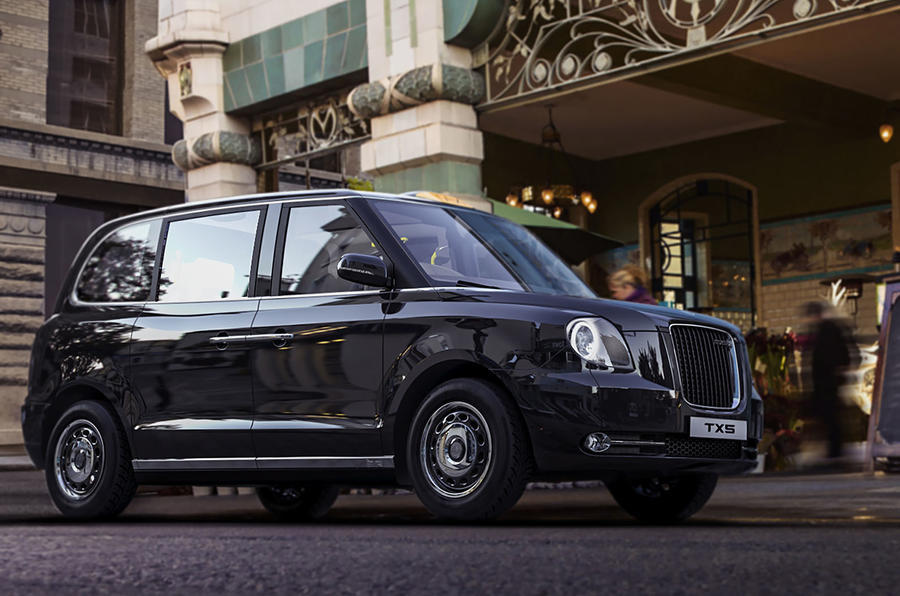The global success of the London Taxi Company (LTC) could be hindered by Brexit negotiations, the company’s chairman has warned.
Carl-Peter Forster said at the opening ceremony of the new £300 million LTC plant in Ansty, Warwickshire that he was “sitting tight” to see what would come of the Government’s plans for the UK's withdrawal from the European Union (EU).
New LEVC TX London taxi revealed with zero-emissions capability
“What will happen? We have no idea,” he said. “[All we can do is] make it very clear what’s at stake for all of our countries in Europe. We should know in two or three years time – but [now] it doesn’t feel comfortable, we can all agree on that.”
LTC has plans to sell its new zero-emissions-capable taxi to at least five other global cities outside of the UK, although London and elsewhere in the UK will be targeted first. Negotiations with other European cities are already underway, and recent promotional work in New York suggests the US is also on the agenda.
Department for Transport announces £64 million electric taxi incentives
“[The cab’s] unique technology allows us to sell this unique product globally,” said Forster. “But we need a stable and level playing field with our main markets, and we bank on the UK Government in their negotiations to keep that in mind.”
The first TX5 range-extender electric taxis to be produced at LTC’s Ansty plant will go on sale later this year. Production is expected to reach 20,000 units by the end of 2018, and the arrival of a new light commercial vehicle (LCV) based on the same underpinnings will push this up to as much as 36,000.
Brexit could also impact the production costs of the TX5, because around 50% of the value of the model comes from imported parts. The car’s batteries are sourced from Germany, meaning they could be subject to European tariffs, although the infotainment system, connectivity hardware and Volvo-designed 1.5-litre three-cylinder range-extender petrol engine are produced in China.




Join the debate
Add your comment
The Germans will be just
Brexit.
Symanski wrote:
Brexit - trying to keep out the people that will shoot you in any part they can.
racist
The Apprentice wrote:
Uncertain times
London Taxi has chosen uncertain times...